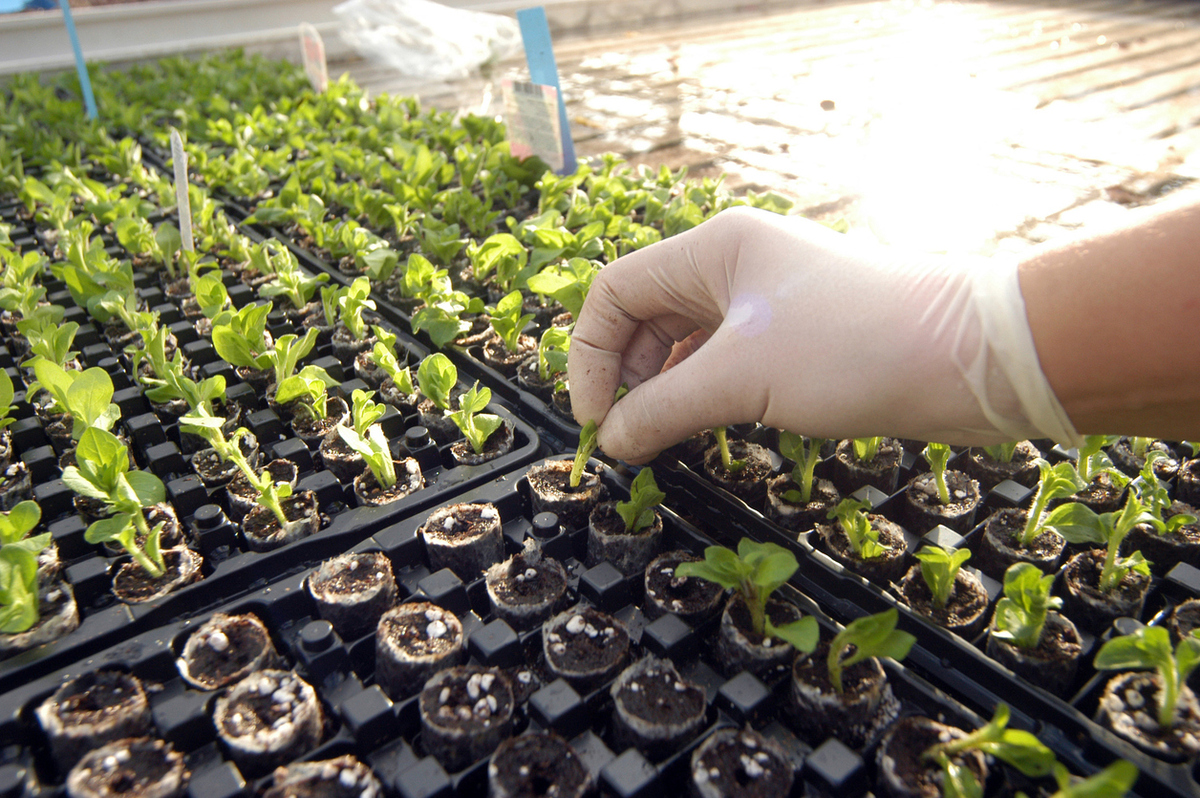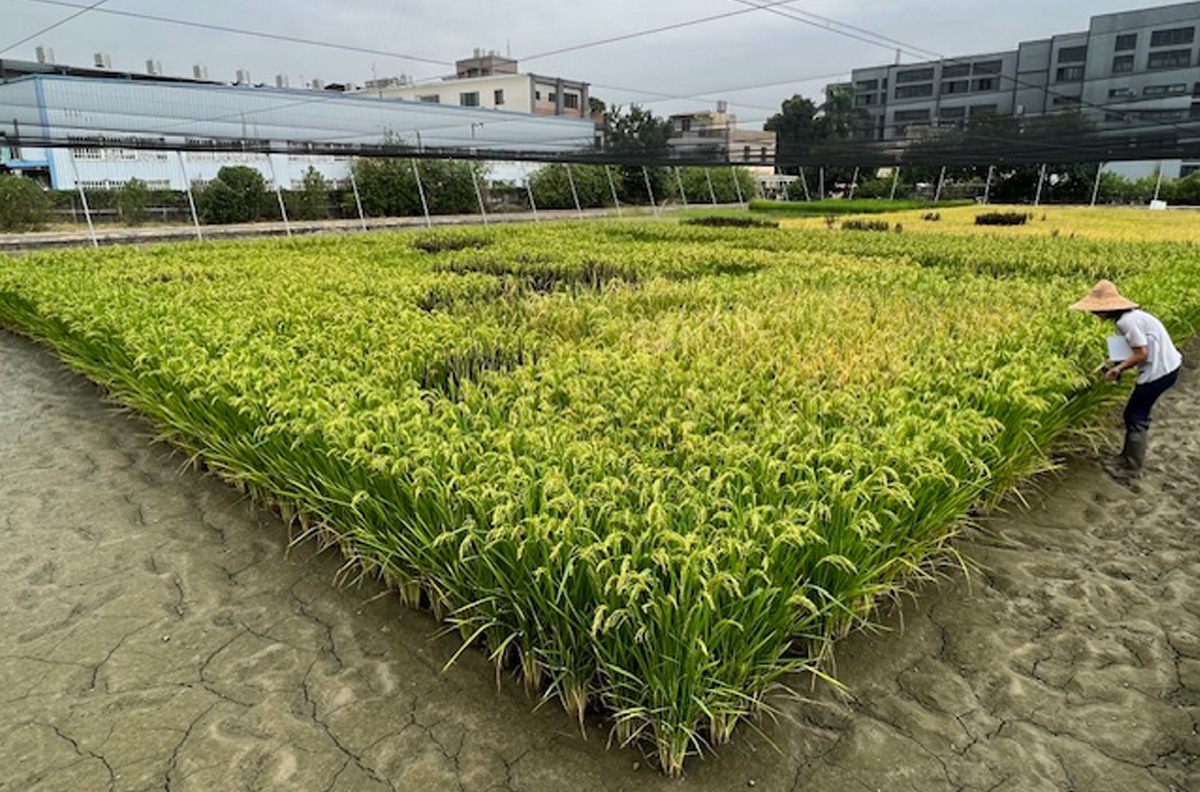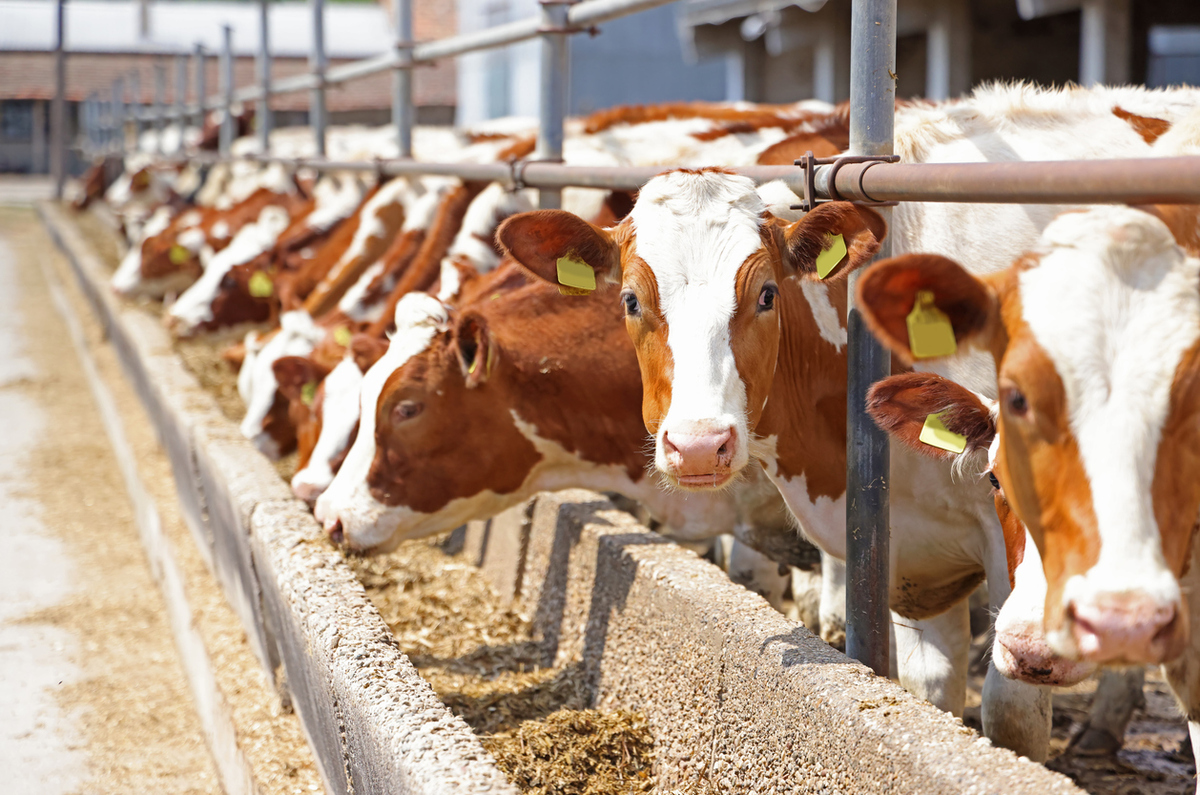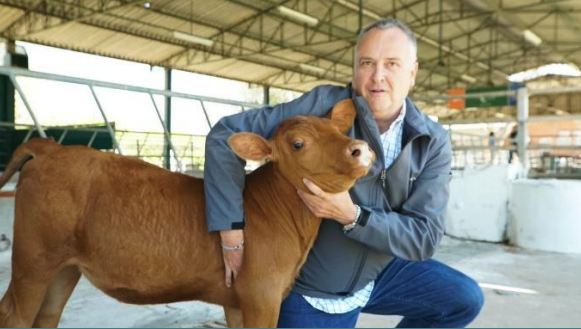ISAAA Inc. Launches Registration for the 8th Asian Short Course on Agribiotechnology, Biosafety Regulation, and Communication (ASCA8)

The International Service for the Acquisition of Agri-biotech Applications, Inc. (ISAAA, Inc.) and the Malaysian Biotechnology Information Center have officially launched the registration for the 8th Asian Short Course on Agribiotechnology, Biosafety Regulation, and Communication (ASCA8). ASCA is a key capacity-building initiative designed to equip Asian scientists and regulators with expertise in biotechnology policies and regulations.
Blog Archive
Trilogue Talks to Shape the EU’s NGT Plant Future
Gene-Edited Animals: Enhancing Traits for the Future
Climate Change Impacts: A Ticking Clock for Agriculture
Science Speaks is ISAAA Inc.'s official blog. Weekly blog articles, authored by ISAAA writers, partners, and invited contributors, aim to help share, disseminate, and promote scientific knowledge and its vital role in achieving global agricultural sustainability and development. Your support to Science Speaks will help us achieve this goal. You can help us by donating as little as $10.













